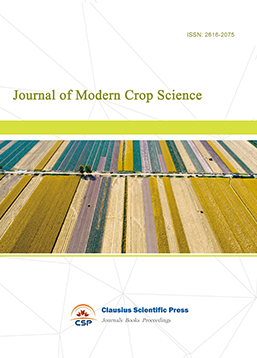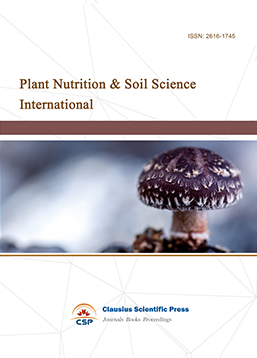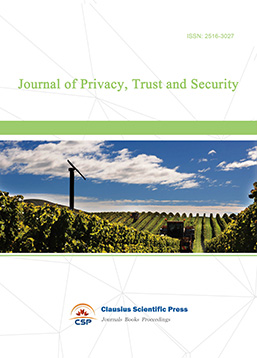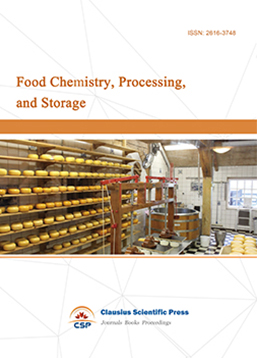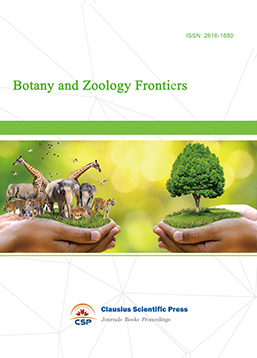The Linguistic Style and Properties of English Translation of Chinese Dish Names: A Case Study of Eight Major Cuisines
DOI: 10.23977/afshn.2025.070111 | Downloads: 35 | Views: 478
Author(s)
Zishun Zhang 1
Affiliation(s)
1 School of Foreign Languages, Hanshan Normal University, Chaozhou, Guangdong, China
Corresponding Author
Zishun ZhangABSTRACT
Chinese cuisine plays an important role in everyday life owing to extremely prosperous culture. The English translation of Chinese dish names in cross-cultural communication is of vital importance, especially with the global popularity of Chinese cuisine. Chinese cuisine is divided into eight major cuisines in the light of the different origins. The paper is based on a brief introduction to the language style and properties of English translation of Chinese dish names. The uniqueness of eight major cuisines is regarded as a representative research object. According to the analysis of the linguistic style and main properties of English translations in Chinese dish names based on eight major cuisines, the effectiveness in cross-cultural communication is explored. The English translation of some typical dish names from Chinese cuisines are probed into, especially in eight major cuisines, in order to make a comparative analysis of the Linguistic Style and Properties.
KEYWORDS
English Translation; Chinese Cuisine; Linguistic Style and Property; Eight Major Cuisines; Chinese Dish NamesCITE THIS PAPER
Zishun Zhang, The Linguistic Style and Properties of English Translation of Chinese Dish Names: A Case Study of Eight Major Cuisines. Advances in Food Science and Human Nutrition (2025) Vol.7: 77-83. DOI: http://dx.doi.org/10.23977/afshn.2025.070111.
REFERENCES
[1] Sun Weixin, Zhu Xu, Liu Chuan. Highlights of China [M]. Shanghai Translation Press, 2004.
[2] Hu Zhuanglin. Linguistics: A Course Book [M]. Beijing: Peking University Press, 2001.
[3] Wang Ying, Lv Hefa. Chinese-English Translation of Signs [M]. Beijing: China Translation & Publishing Corporation, 2006.
[4] Cheng Jinneng, Lv Hefa. Tourism Translation Theory and Practice [M]. Beijing: Tsinghua University Press, 2008.
[5] Halliday. M.A.K. Language Structure and Language Function, in J. Lyons(ed.) New Horizons in Linguistics, Harmondsworth: Penguin. 1970:143.
[6] Newmark, Peter, Approaches to Translation [M]. Shanghai: Shanghai Foreign Language Education Press, 2001.
[7] Feng Qinghua. Translation 365[M]. People's Education Press,2006.
[8] Zhang Chenxiang. The Functionalist Skopos Theory and Pragmatic Translation[M]. Hunan Normal University Press, 2008.
[9] Jin Huikang. A Handbook of Culture and Tourism[Z]. Guangdong Travel and Tourism Press, 2004.
| Downloads: | 2815 |
|---|---|
| Visits: | 104175 |

 Download as PDF
Download as PDF